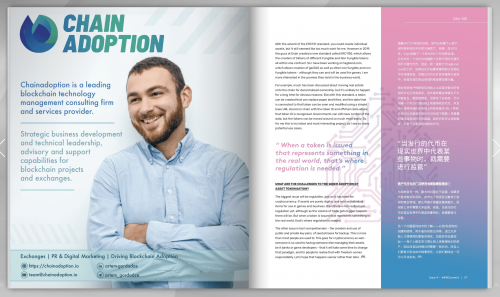Today technologies and artificial intelligence concepts can help fully automate business processes. Once AI is implemented into the established processes, decision-making will depend not on a group of managers, but rather on the knowledge and computing power of AI and the data that drives it. However, AI is still a nascent technology making it difficult to understand and deploy properly. As such, it is seriously underestimated nowadays.
According to forecasts, by 2022, more than 45% of the largest and fast-growing companies will be operating with AI, not with the actual human resources. So why is the introduction of AI becoming an integral component in widespread business processes?
There are a couple of objective reasons. First, even the simplest models being used in artificial intelligence are far more effective at solving many analytic problems than humans. Second, these «smart» machines do their work with almost no mistakes because there is no human factor, all decision-making takes place on the basis of calculations and computational accuracy. This leaves room for human error. These are two obvious reasons to adopt the development of AI integration into business processes. However, there is still much luck and intuition to understand where artificial intelligence technology will be most effective and how to implement AI into business. In this regard, creating useful AI is more of an art than a science.
To make it easier to understand we will highlight some of the steps of AI implementation: First of all, you will need to define the tasks and estimate the amount of data. The next step is to integrate AI into business processes, create architecture, and prepare database information for further processing.
Let’s take a look at an easy example from a real business: let’s say you have a grocery store and you have data for sales (bills) for the last two years. In this case, the AI machine will analyze the number of purchases, the time of purchase, the items being purchased, and several other factors to help the owner understand when and which items were in the most demand and at which times. The owner’s decision based on the provided data can be the baseline to create deals and special offers targeted at specific times, or other salient correlated factors to increase sales.
Nowadays specialized AI engines, which are limited to do one specific task developing into full-fledged ecosystems.
The most prominent example of this approach is Anchor Neural World. ANW develops an AI engine for asset management, AI-based learning management, and other services in which AI can be implemented.
- ANW offers new solutions for businesses such as
- AI Engine Development
- AI-based Asset Management Service
- AI-based Learning Management
- AI-based Game Platform (future work)
The AI has understanding and most importantly, fearlessness that can completely transform business processes within a company. The question is: Which companies are going to implement AI today and get a jump on their competition, and which will wait to implement AI only when it is a necessity to survive in the market?
More news


09.04.2021
Investing, Empowering Token-Based Economies!


09.04.2021
5 Games that will Get You into Cryptocurrency


09.04.2021
Impressive Mobile Gaming Market Growth in 2019